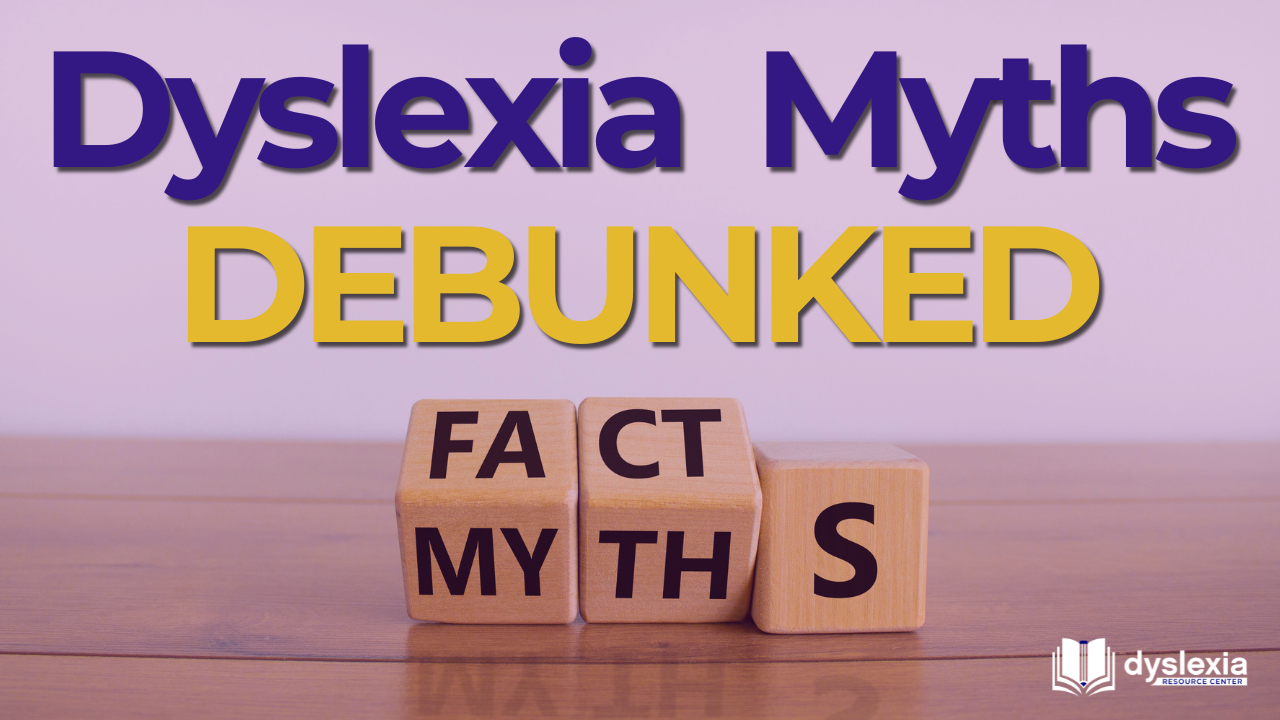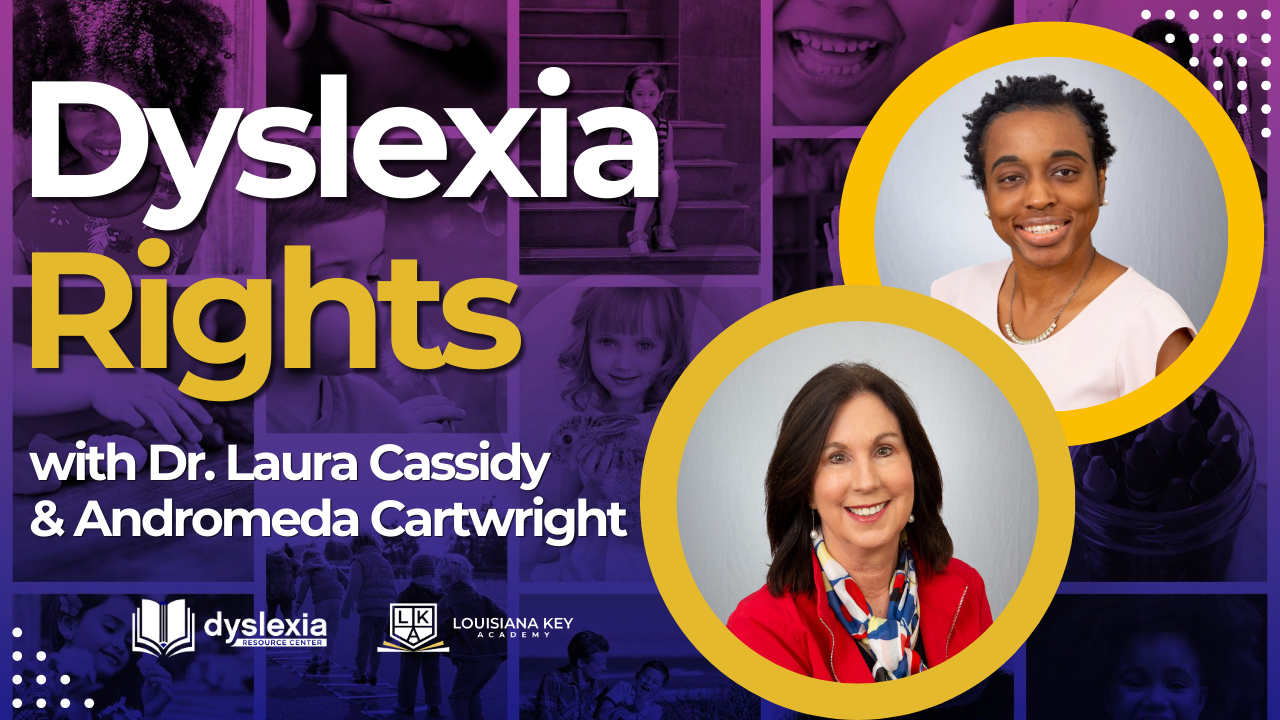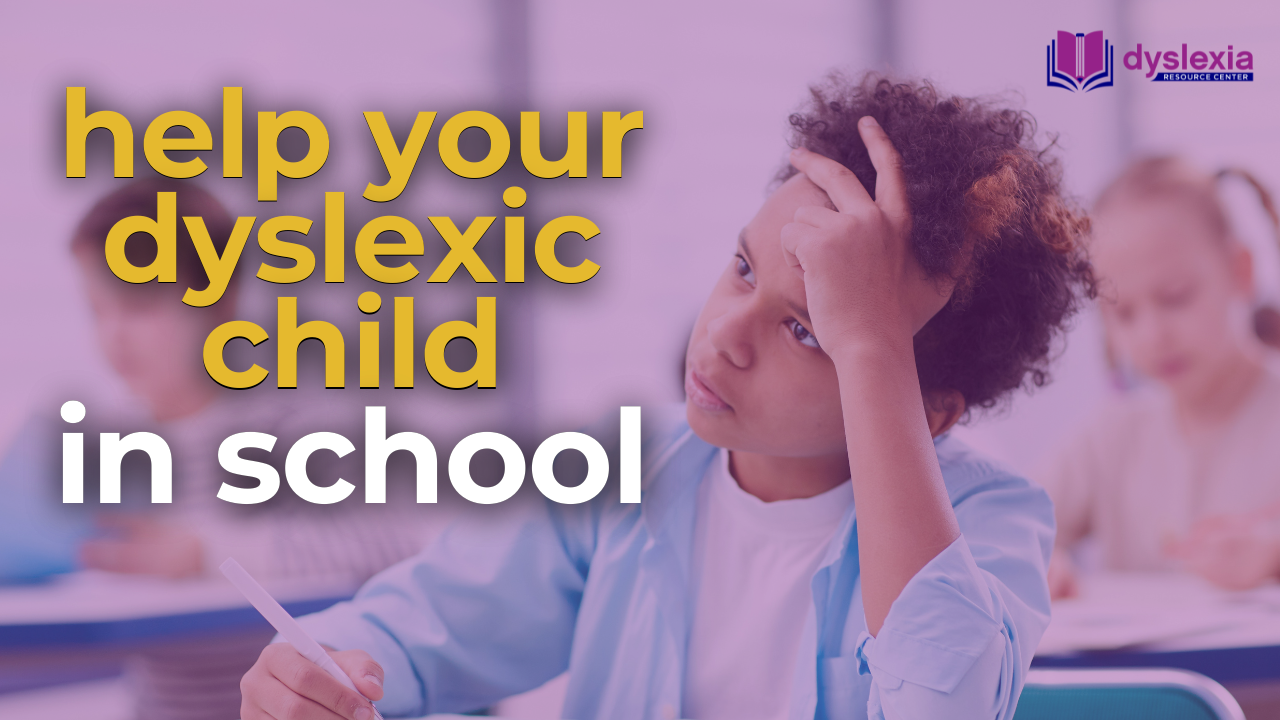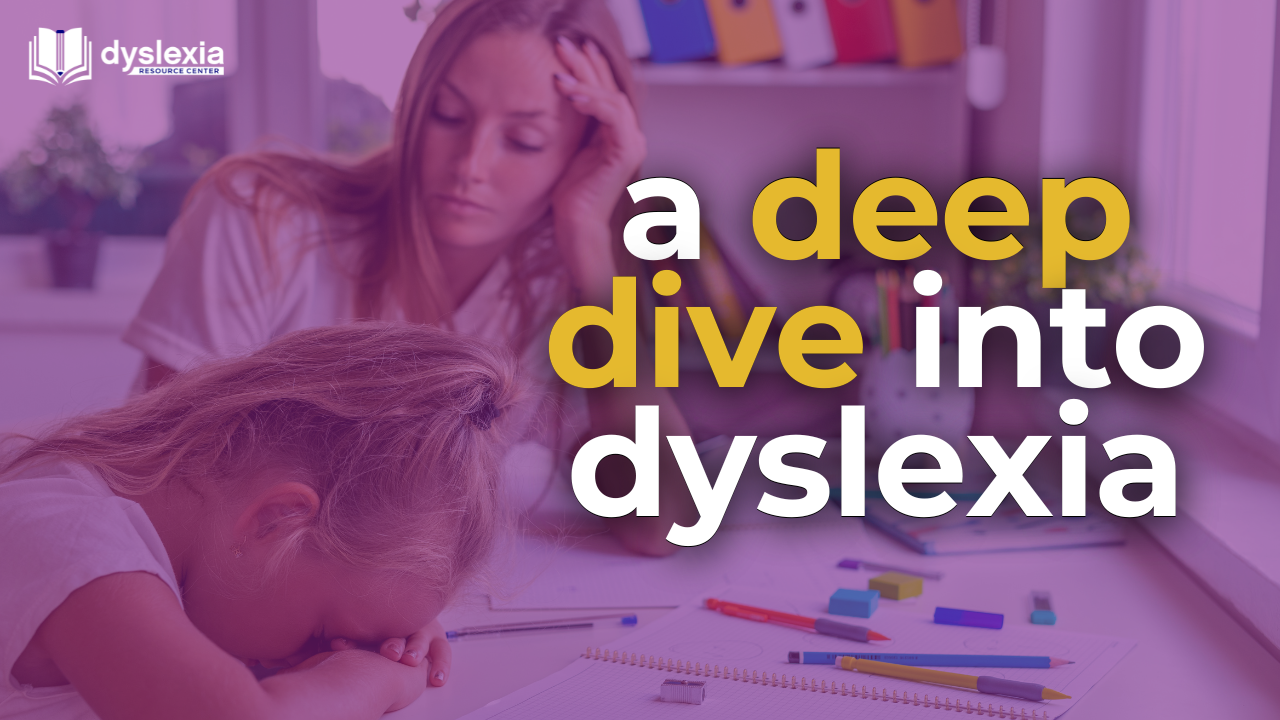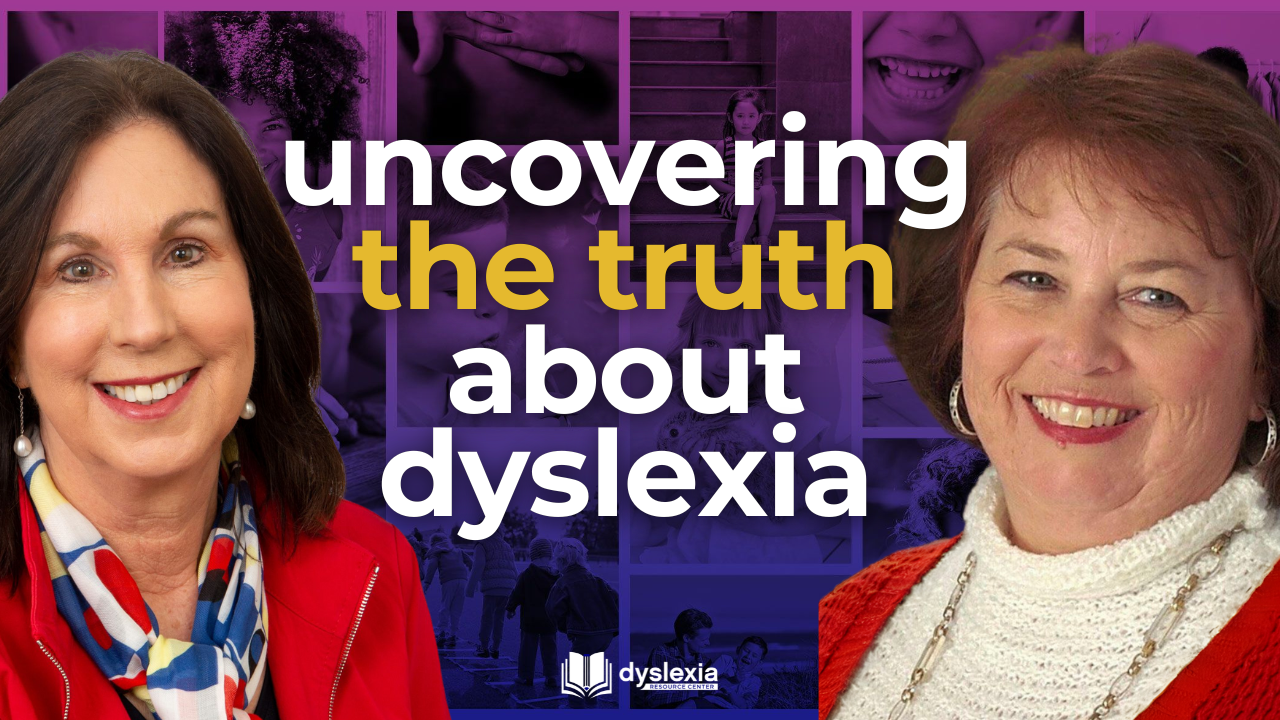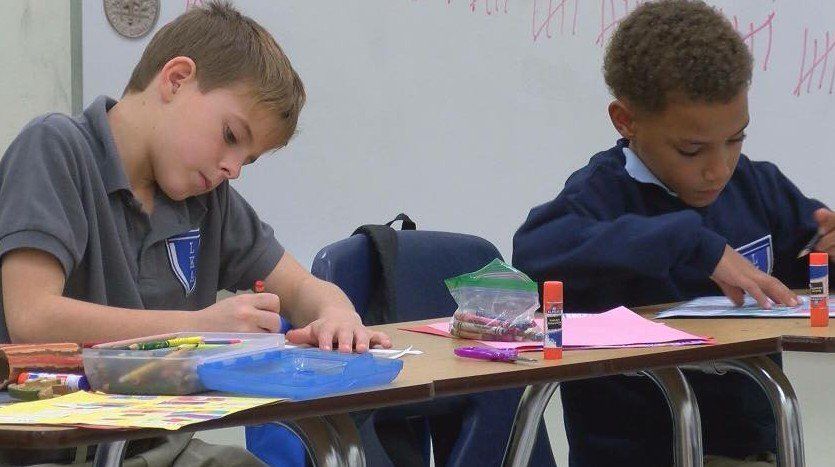Call Us (225) 384-5484
Raising Awareness Of The Truth About Dyslexia
October is Dyslexia Awareness Month
We think you should be aware of the following to help the one in five with dyslexia.
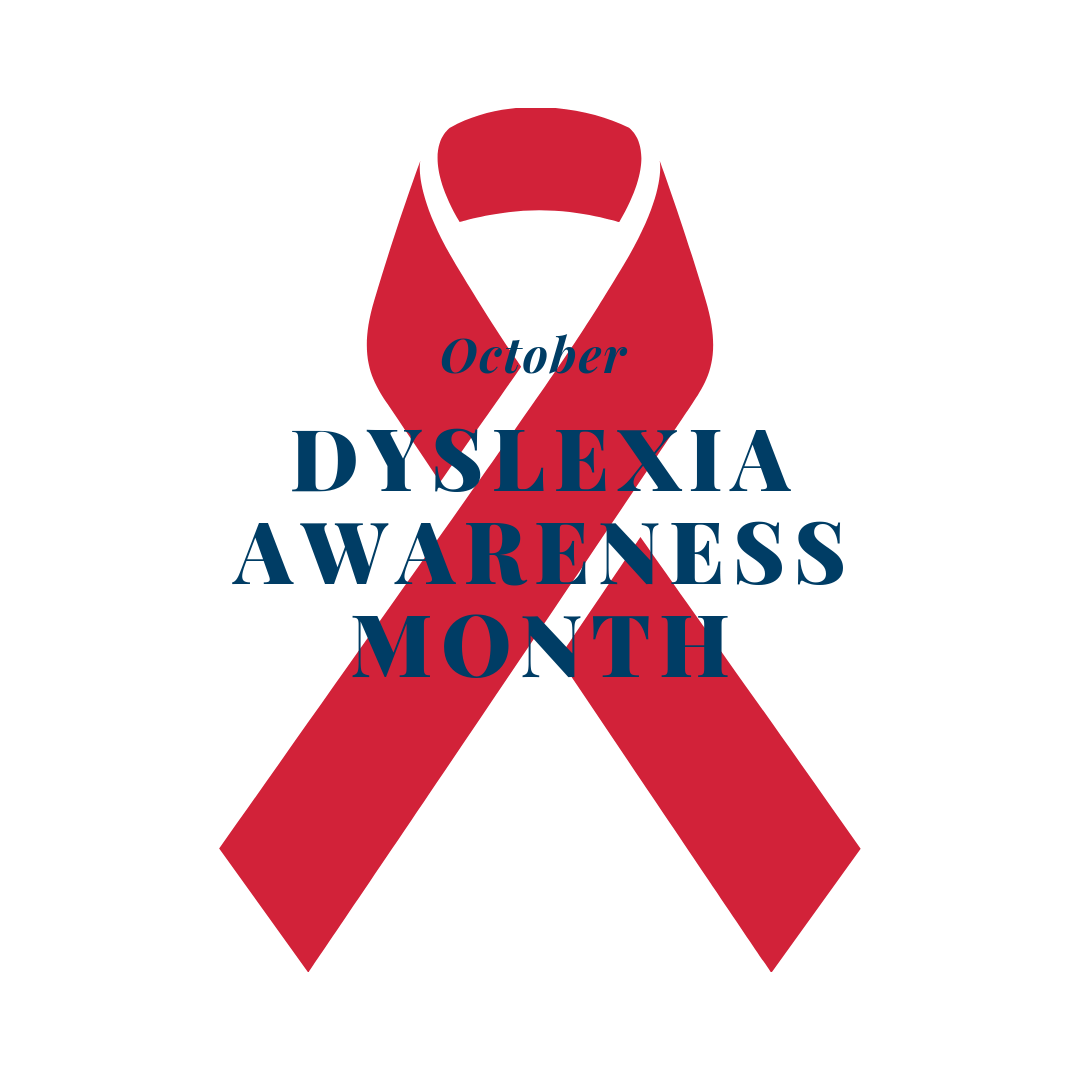
Current science confirms the following.
1. There is a definition of dyslexia in U.S. Federal law. The First Step Act says…
“The term ‘dyslexia’ means an “unexpected difficulty in reading for an individual who has the intelligence to be a much better reader, most commonly caused by a difficulty in the phonological processing (the appreciation of the individual sounds of spoken language), which affects the ability of an individual to speak, read, and spell.”
2. It is unexpected because these children are bright.
They have to learn to pull apart the spoken word into smaller parts called the phoneme. Since this does not come automatically, they can also have problems with spoken and written language. They will often read with much effort as they work to decode and recognize words. They use an inefficient system for these tasks but it has nothing to do with reasoning, creativity, or problem solving.
3. This means that reading can be hard but reading aloud to a trusted professional or parent can allow gentle correction and introduction to new vocabulary.
The child should not read easy books over and over. Dyslexic children need to increase their vocabulary so reading aloud enables this as well as the introduction of new ideas. If a dyslexic child is reading silently and reading words inaccurately, a comprehension test mistakes inaccuracies for a comprehension problem. The dyslexic child works hard to read but their comprehension skills are usually good.
4. Teaching the child to “decode” in an explicit and systematic way is important but there is only so much time in a day.
Time spent to attain perfect reading, spelling, and handwriting, which are all phonologically based, takes time from reading aloud and the benefits listed above. The dyslexic child should read authentic literature aloud daily, one on one or in a small group, with a discussion that allows the dyslexic child a chance to participate in oral language. The phonologic weakness can manifest in difficulties when retrieving words, especially if nervous. Give the child time to answer and participate in a discussion.
Remember, dyslexic children are bright. Tell your self and tell your child. School can be hard but learning should be fun and dyslexics are often the first to get the “big picture”. Help them identify and celebrate their strengths in arts, sports, or drama.
Make sure they always get accommodations of a quiet room, longer test taking time, and text to speech if needed. Reassure them when all seems tough.
To learn more about dyslexia and the right type of education for dyslexic students send us your questions and schedule a visit with Louisiana Key Academy.


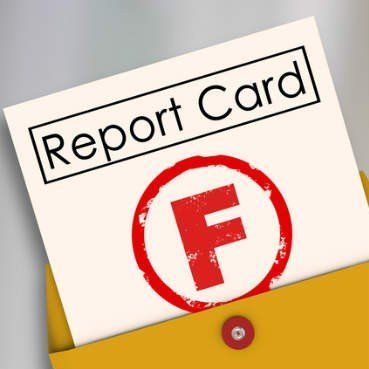
Quick Links
What is Dyslexia?
Dyslexia Services
WHO WE ARE?
The Dyslexia Resource Center was started by a group of concerned parents, medical doctors, and advocates who simply want everyone to know the truth about dyslexia, based on the most current science, and how that knowledge can translate into success in the classroom.
WHAT IS DYSLEXIA?
An unexpected difficulty in reading for an individual who has the intelligence to be a much better reader.
All Rights Reserved | Dyslexia Resource Center

